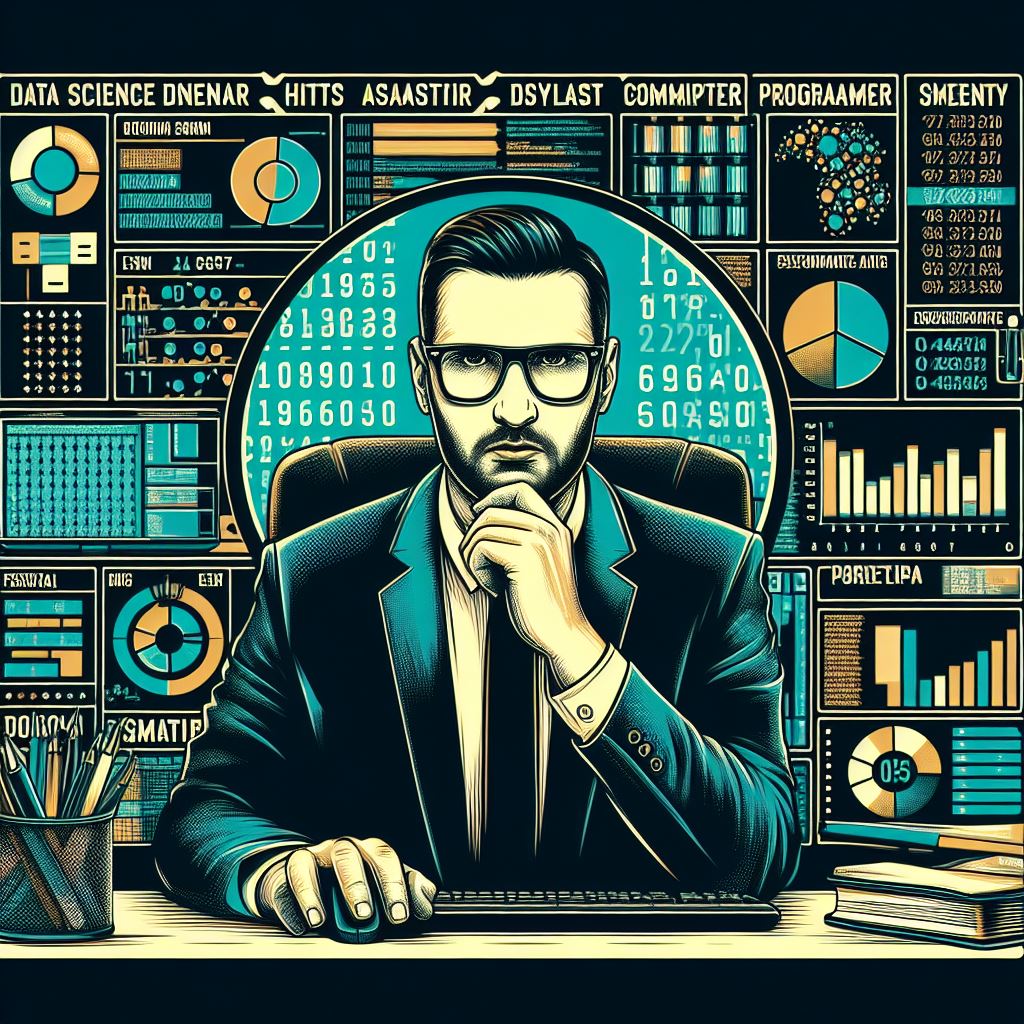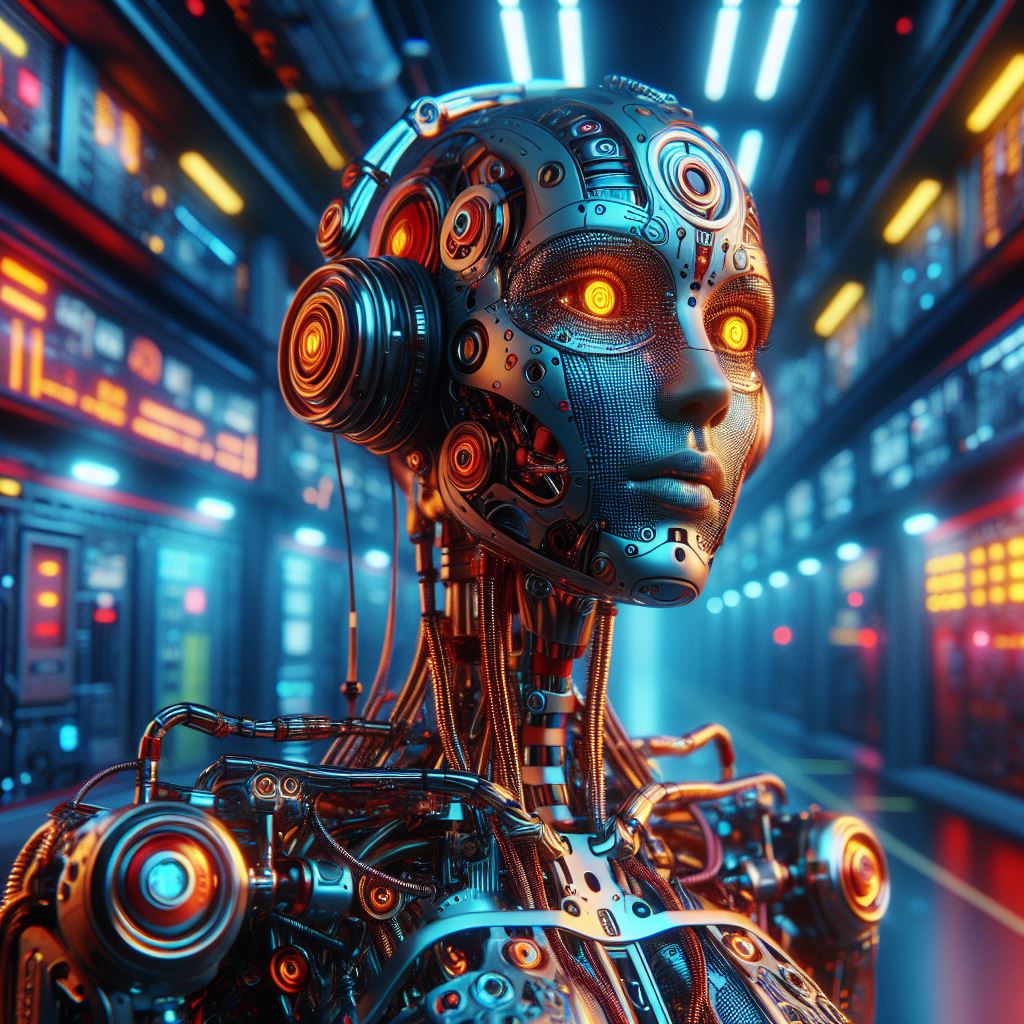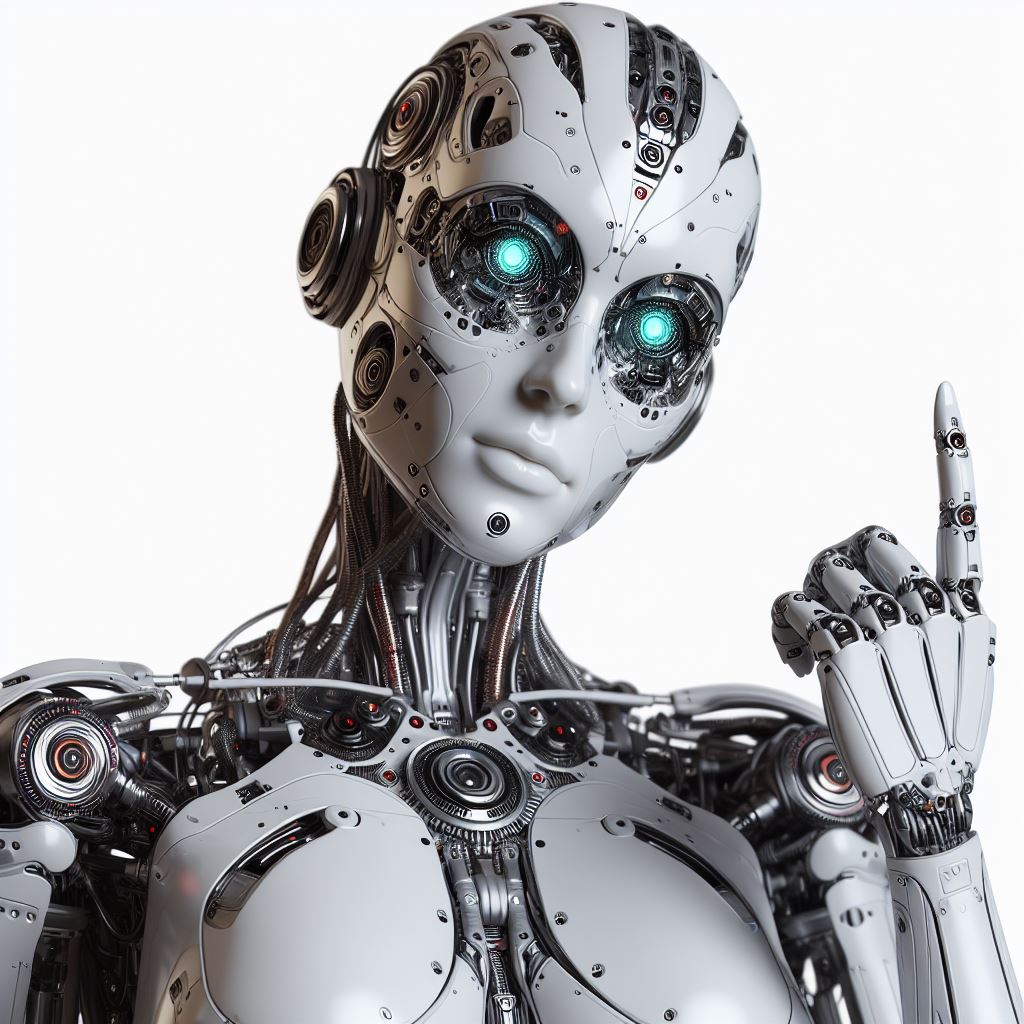As we approach 2025, machine learning (ML) is set to revolutionize industries, transform economies, and redefine the way we interact with technology. The rapid advancements in artificial intelligence (AI) and data science are enabling ML to drive innovation across a multitude of fields, including healthcare, finance, retail, and manufacturing. This article explores the exciting future of machine learning in 2025, examining key trends, emerging technologies, and potential challenges.
1. The Rise of Autonomous Systems
By 2025, autonomous systems powered by machine learning will be more sophisticated and widely adopted. These systems, ranging from self-driving cars to smart factories, will be capable of performing complex tasks without human intervention. In industries like automotive, robotics, and logistics, ML algorithms will enable machines to learn from their environments, adapt to changing conditions, and make real-time decisions. This will reduce operational costs, increase efficiency, and improve safety.
2. Enhanced Personalization through AI
Personalization will reach new heights in 2025, thanks to advances in machine learning. By analyzing vast amounts of user data, ML algorithms will create highly customized experiences in various sectors, such as retail, entertainment, and healthcare. For instance, online shopping platforms will provide tailored product recommendations, while healthcare providers will offer personalized treatment plans based on individual health data. This level of personalization will improve customer satisfaction and loyalty.
3. ML in Healthcare: Revolutionizing Diagnosis and Treatment
Machine learning is poised to have a significant impact on healthcare by 2025. ML algorithms will assist in diagnosing diseases with unparalleled accuracy, using data from medical imaging, patient records, and genetic information. Additionally, predictive models will help healthcare professionals forecast disease outbreaks, patient outcomes, and treatment efficacy. With the integration of ML in personalized medicine, treatments will be tailored to each individual, optimizing care and reducing costs.
4. AI-Powered Cybersecurity
As cyber threats become more sophisticated, machine learning will play a crucial role in securing digital infrastructures. By 2025, ML-powered cybersecurity systems will be capable of detecting and responding to threats in real time. These systems will continuously learn from new data, improving their ability to identify patterns associated with cyberattacks. This will significantly enhance the protection of sensitive data, mitigate risks, and prevent breaches.
5. Ethical and Responsible AI
With the growing influence of machine learning in various aspects of life, there will be an increasing emphasis on ethical AI practices by 2025. ML systems must be developed and implemented in a way that ensures fairness, transparency, and accountability. Organizations will focus on creating AI models that minimize biases, protect privacy, and make decisions that align with societal values. Regulatory frameworks and industry standards will play a pivotal role in ensuring the responsible deployment of machine learning technologies.
6. The Impact of Quantum Computing on ML
By 2025, the fusion of quantum computing and machine learning is expected to unlock new possibilities. Quantum computers will be able to process vast amounts of data at unprecedented speeds, enabling ML algorithms to tackle problems that are currently beyond the reach of classical computing. This could lead to breakthroughs in fields such as drug discovery, climate modeling, and financial analysis.
Conclusion:
The future of machine learning in 2025 promises a world of innovation and transformation. From autonomous systems to personalized healthcare, ML is poised to shape the future of many industries. As technology continues to advance, it is crucial to address ethical considerations and ensure that machine learning is developed and deployed responsibly. The next few years will witness the convergence of AI, ML, and other cutting-edge technologies, creating opportunities for businesses and society to thrive in the digital age.


